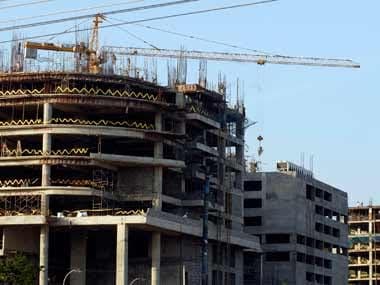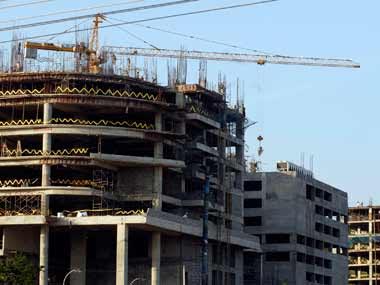This is the first Union Budget of the Modi 2.0 government after it received a clear mandate in the recently concluded polls and the expectations from the new finance minister are unsurprisingly at an all-time high. During its last term, this government had introduced a host of radical reforms and regulations in the form of demonetization, GST, RERA, Benami transactions Act, etc. While many of these measures were intended to be structural reforms with long-term benefits for the economy, they certainly created a fair bit of turmoil across sectors in the short term. On expected lines, the impact on the real estate sector at large and residential segment, in particular, was quite severe. This was further compounded by the liquidity squeeze witnessed since the latter half of 2018. Recent anecdotal information, however, suggests offshoots of revival particularly in the residential space across cities offering a sliver of hope to the sector. This is further boosted by the hope of favourable policy interventions from Modi 2.0 which in its previous avatar had made Housing for All by 2022 as one of its key policy objectives. At a macro level, any and all measures to increase the liquidity in the system including through capitalisation of banks and NBFCs and directives to ease funding to the sector will be critical. The much awaited ‘infrastructure’ status to the real estate sector would make access to institutional credit easy and should help bring down the cost of borrowing for the developers. While there has been a major revamp in the external commercial borrowings (ECB) regulations in the recent past, it still does not benefit the real estate players. Providing developers access to ECB funds would bring down their borrowing costs and consequently, bring down the pricing of the units. Additionally, the sunset clause of July 2020 which currently applies on the lower withholding tax regime on corporate borrowings in the form of bonds and ECBs from non-residents should be extended, which would encourage foreign investors contemplating investments under this regime. [caption id=“attachment_4067269” align=“alignleft” width=“380”]  Representational image. Reuters[/caption] On the demand side, the Budget should consider revamping the existing incentives to individual homebuyers and importantly, look at increasing the home loan interest deduction threshold from the existing limit of Rs 2 lakh, which in itself should rekindle the demand for housing units and help developers to liquidate their high level of inventory of completed homes. Conceptually, the limit of Rs 2 lakh on interest deduction is too low and not in sync with the current capital values of residential properties and better long term policy would be to reset the amount as a one time measure followed by an automatic annual adjustment linked to an appropriate index of housing prices. One of the vital policy announcement from Budget 2019 would be the inclusion of real estate sector in its entirety under the GST ambit, which should help the sector deal with all the uncertainties caused by various notifications and rulings that have come in the recent past. While GST should ultimately subsume stamp duty payable on land sale agreements ideally, at least on an immediate basis the Budget should address the issue created by notification in January 2018, which brought the transfer of development rights under the expanse of GST. This notification, which seeks to tax transfer of land development rights (effectively taxing conveyance of land), has cause a lot of hardship to developers of real estate held for sale and should be withdrawn. Staying with GST, the Central GST Act currently imposes a restriction on availment of input tax credit pertaining to construction services. Given that there exists a direct nexus between construction services received by a commercial real estate developer and his subsequent activity of renting/lease the space, a real estate service provider engaged in renting/ lease of space should also be allowed to take credit of the taxes paid on construction costs, as allowed to a works contractor. Though the concept of REIT and the regulations around the same have been around for a few years now, it is only recently that we have seen the first listing of REIT. If some open issues in the tax regime governing REITs in the form of exemption from dividend distribution tax (DDT) in a multi-level property holding structure, capital gains exemption on the transfer of assets by sponsors to the REIT, etc are plugged, then more potentially more developers could start looking at REITs as a means to achieve the requisite liquidity. Finally, the developers of Specials Economic Zones (SEZs) would be looking forward to an extension of the tax holiday sunset clause for units operating in an SEZ, which is currently fixed at March 31, 2020. This amendment in the tax laws should be part of the government’s overall agenda for revival of SEZs. The ask are many and expectations high and a Budget exercise by its very definition is a balancing act! Over to the finance minister now! (The writer is Partner, Deloitte India) Follow full coverage of Union Budget 2019-20 here
GST should ultimately subsume stamp duty payable on land sale agreements; ideally, at least on an immediate basis the Budget should address the issue created by notification in January 2018
Advertisement
End of Article


)

)
)
)
)
)
)
)
)



